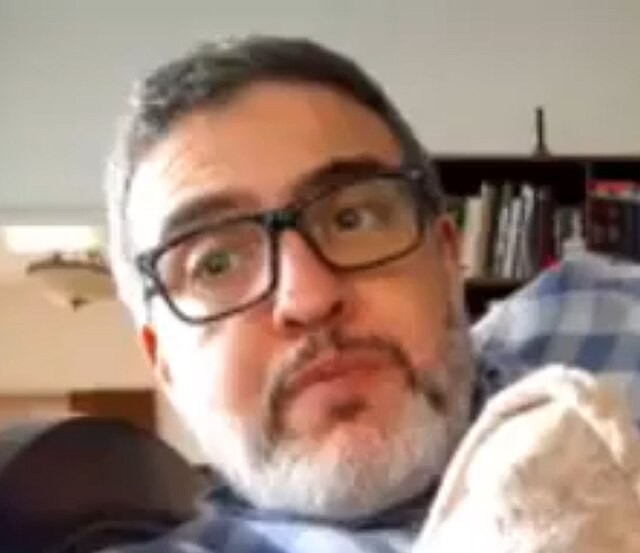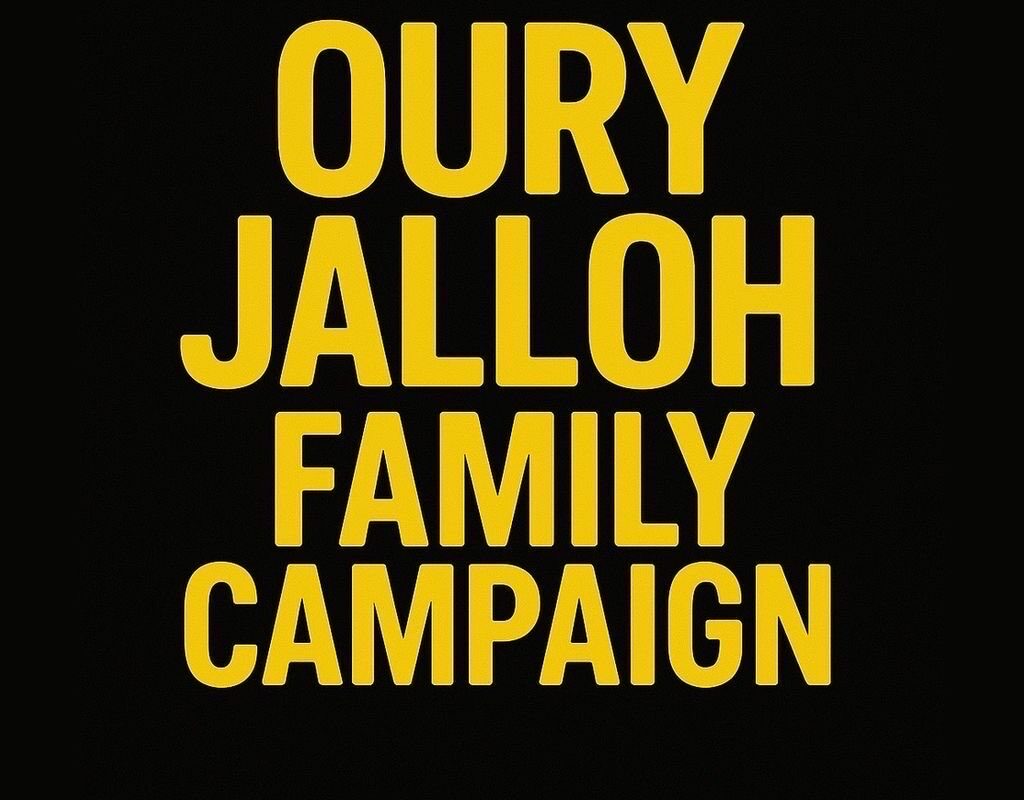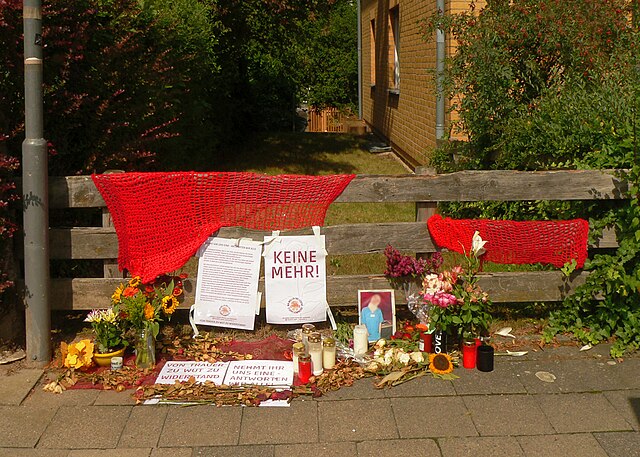ELSC and ICJP (International Centre of Justice for Palestinians – a legal organisation based in London, working to uphold international law and defend the rights of Palestinians) aim to challenge the ban imposed by German authorities on political activity and public speaking of Dr. Ghassan Abu-Sittah in April 2024.
The European Legal Support Center (ELSC) has previously succeeded in overturning the ban on Dr. Ghassan Abu-Sittah’s entry to the Schengen-area, now the ELSC with support from the International Centre of Justice for Palestinians (ICJP) is challenging the ban on his public speaking in Germany which was imposed in April 2024.
On 12 April 2024 the Berlin Immigration Office has banned Dr. Ghassan Abu-Sittah from participating, whether in person or online, at the “Palästina Kongress” which was planned to take place on the same day in Berlin. The ban also included participating or publicly speaking at any other events in relation to Palestine and the Gaza genocide. The Immigration Office threatened a prison sentence of up to one year for non-compliance.
Dr. Ghassan Abu-Sittah is a multi-award-winning Plastic and Reconstructive surgeon. He arrived in Gaza on 9 October 2023 to volunteer with Médecins Sans Frontières (MSF). He remained in Gaza for 43 days, working at al-Ahli, al-Shifa, al-Awda hospitals. The Palästina Kongress organisers had invited him to share his testimony on the Gaza genocide.
Justifying the ban, German authorities argued it was necessary because Abu-Sittah had publicly stated that Israel is attacking hospitals and committing genocide against the Palestinian people and that these statements threaten the German “free democratic basic order” and aren’t compatible with the “German reason of state (Staatsräson) to protect Israel”. This comes despite the International Court of Justice (ICJ) January 2024 finding that Israels’ acts in Gaza constitute a plausible genocide.
The German Federal Police has also placed a Schengen-Information-System entry for Abu-Sittah, which has prevented him from entering Germany, France and the Netherlands.
Immediately after the ban was placed, the ELSC supported by the ICJP took legal action against the decision arguing that:
- Abu-Sittah’s freedom of expression was violated;
- The statements he is accused of by the German authorities reflect his lived experience as a trauma surgeon at Palestinian hospitals in Gaza and are corroborated by United Nations reports.
Following ELSC’s urgent appeal, the Administrative Court Potsdam ruled- in May 2024- that the Schengen ban has no legal basis and had to be revoked immediately. This effectively ended the Schengen-area travel ban imposed on Abu-Sittah by the German authorities.
Now we will challenge the ban on public speaking in Germany in the upcoming trial at the Administrative Court Berlin. The trial will be ruled by a chamber decision (Kammerentscheidung), a judicial process including three judges rather than one. This process is assigned to trials that the German judiciary deems as having high public interest.
This trial should be understood in the context of the crack-down on the Palästina Kongress in Berlin, where Abu-Sittah was supposed to speak. Palästina Kongress was planned as an assembly of Palestinian, Jewish, German and international voices calling for an end to Israel’s genocide in Gaza and Germany’s complicity in the genocide. It was ultimately prevented from taking place in an illegal attack by German authorities with heavy police presence. Germany’s Federal Minister of the Interior Nancy Faeser (SPD) had openly pressured the Berlin police to “crack down hard” on the Congress, and Berlin’s Mayor Kai Wegener (CDU) declared: “It is intolerable that a so-called Palestine Congress will take place in Berlin”.
ELSC Lawyer Alexander Gorski said: “Abu-Sittah’s participation as well as the Palästina Kongress itself were already banned by the German authorities. However, what we aim to achieve in court is a precedential ruling which prevents the German authorities from misusing sections of German migration law for authoritarian political purposes. We were successful in overturning the Schengen ban on Ghassan Abu-Sittah and I am optimistic that we can overturn the ban on political activities too.”
An ICJP spokesperson said: “Dr. Ghassan Abu Sittah continues to face harassment across the UK and Europe. The ICJP will continue to defend him wherever this happens, so he can carry on doing his life-saving work in Gaza and Lebanon. It is draconian that this case even needs to be heard before a court, but we will fight to ensure that his free speech is upheld. It is cowardice from any state to ban someone from engaging in political activity simply because they highlight states’ complicity in Israeli war crimes, crimes against humanity and genocide.”
The repression of Palestine solidarity in Germany and across Europe is systematic and increasingly institutionalised. German state and non-state institutions conflate legitimate criticism of the Israeli state with antisemitism and/or support for terrorism and as such, use allegations of antisemitism to silence expressions of solidarity with the Palestinian people and their struggle for liberation. The ELSC’s Monitor and Research (M&R) Department documents and analyses the growing restrictions that are silencing civil society organisations and activists defending Palestinian rights across Europe and has recently presented the first publicly available database exposing anti-Palestinian repression in Germany.




